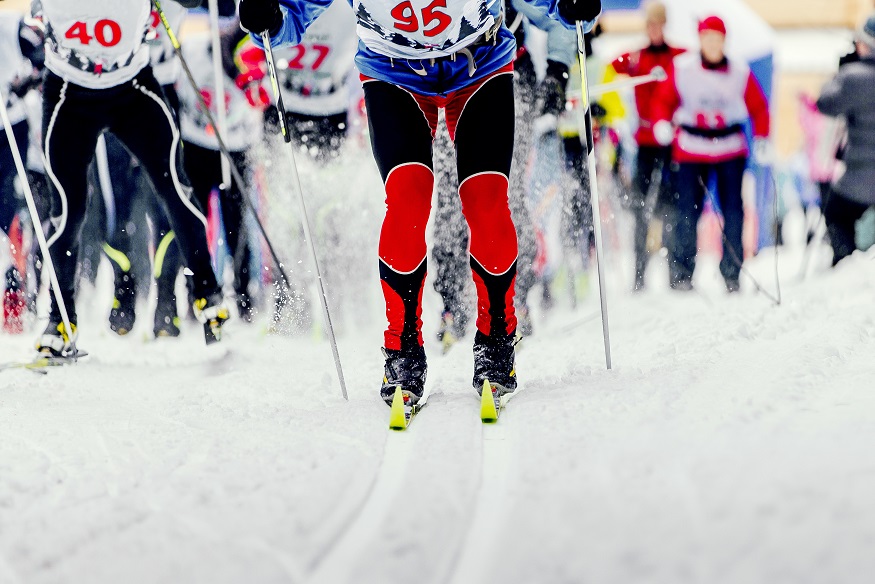Innovative return to play
From adapted equipment and modified play, to the appointment of a Chief Medical Officer, sport organizations are leveraging innovation and expertise to inform the development and implementation of their Return to Play plans. Learn more in the SIRC blog.
Five Things You Should Know About the Canadian Anti-Doping Program

Anti-doping is often thought to be exclusive to high-performance sport. Athletes are whisked away from the public eye after winning events to have urine and blood collected. It’s true that testing athletes at competitions is an important element of a successful anti-doping program, but there is much more involved in creating a sporting culture that…
Maximizing Social Learning Spaces in Sport Organizations: A Story about Creating Value

The global knowledge society is one in which we can never know everything we will need to know to be successful – something the pandemic has brought into sharp focus. Sport leaders need an agile method capable of gathering knowledge from many sources and that encourages reformulations and innovations to address ever new challenges. With…
Winter 2021 SIRCuit
The Winter 2021 SIRCuit is now available! For many, the new year presents an opportunity to set new goals, refine behaviours, or let go of something that is holding them back. This edition of the SIRCuit provides takes a deep dive into self-compassion, athlete identification, relative energy deficiency in sport (RED-S), engaging masters athletes, and social learning…
Know your responsibilities
Much of the Canadian sport system relies on volunteer boards of directors that govern community, provincial/territorial and national sport organizations. With these roles come serious responsibilities. The bottom line: any board of which you are a member is 100% accountable for 100% of what happens in that organization. Learn more in the first SIRC blog…
Facilitating leadership learning
January is National Mentoring Month. Sport leaders, coaches, and other mentors can facilitate leadership learning through a variety of intentional practices. In the SIRCuit, Cari Din, a leadership learning facilitator and University of Calgary faculty member, shares her top four strategies: 1) effective questions, 2) discussion-based learning, 3) critical reflective practice, and 4) supporting people…
Happy New Year
Welcome to 2021! The SIRC team is looking forward to an exciting year of keeping you informed with the latest news, research, and jobs from the sport community across Canada. Be sure to follow us on Twitter, LinkedIn, and Facebook. In case you missed it, be sure to check out our Looking Back – 2020…
Pandemic contingency plans
“Even if the risk is low, even extremely low, event hosts need to take the time to discuss the issue and put a plan in place. Pandemic contingency plans will be an unexpected, and important, legacy of these events.” Moira Lassen, General Manager of the 2020 Arctic Winter Games Host Society, shares her lessons learned…
Looking Back – 2020 SIRC Content Highlights

Although 2020 was a challenging year, it was rich with learnings and silver linings for the Canadian sport and physical activity sector. Featured below are highlights of SIRC’s top content from the last 12 months. Whether you’re looking for insightful reading during a quiet moment over the holidays, or a quick video to get your…
Crises require “all hands on deck”
Developing a response to crises like COVID-19 pandemic requires “all hands on deck.” To help develop their return to sport strategies, the Rocky Point Sailing Association reached out to founding members who were in their 70s and 80s, and recruited new leaders from amongst their membership. This helped ensure they had diverse perspectives and experience…